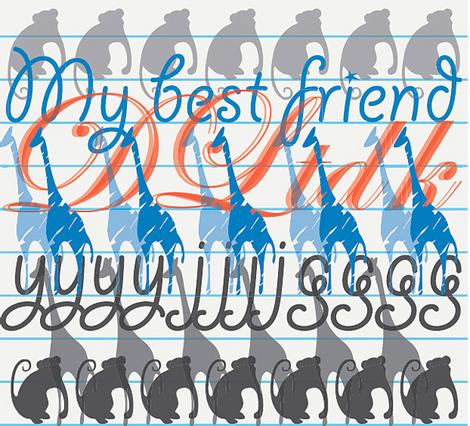The podcasts from Will Richarsdon’s presentations at the SLAV Perspectives on learning v2 – March 23, 2009 are now available:
– “Network literacy: leveraging the potential of a hyper-connected world” – Conference keynote
(Link to weblog
Link to .mp3 audio file Part 1 – 14Mb approx.
Link to .mp3 audio file Part 2 – 16Mb approx.
Link to .mp3 audio file Part 3 – 16Mb approx. )
Prepared by Will Richardson (Connective Learning)
– “Podcasts, vodcasts, screencasts, livestream nation ” – Featured address
(Link to weblog
Link to .mp3 audio file Part 1 – 14Mb approx.
Link to .mp3 audio file Part 2 – 11Mb approx.
Link to .mp3 audio file Part 3 – 13Mb approx. )
Prepared by Will Richardson (Connective Learning)
– “Weblogs in schools ” – Plenary session
Link to .mp3 audio file Part 1 – 15Mb approx.
Link to .mp3 audio file Part 2 – 16Mb approx.
Link to .mp3 audio file Part 3 – 17Mb approx. )
Prepared by Will Richardson (Connective Learning)

